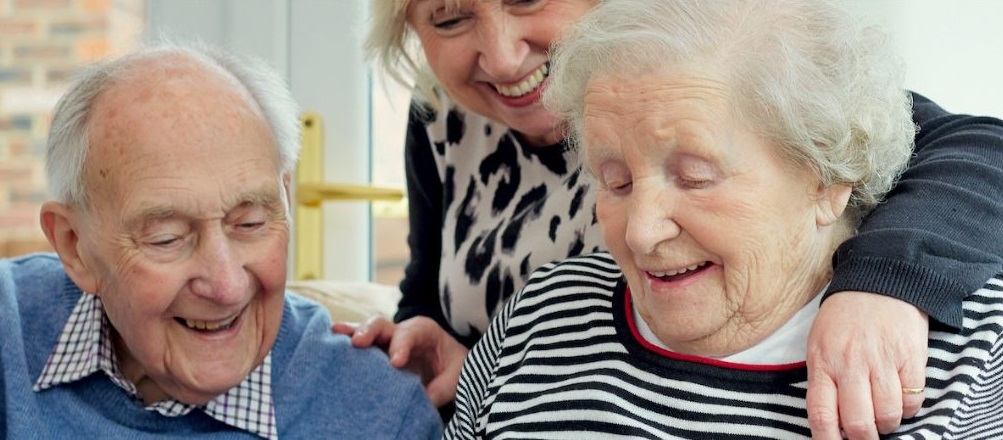The number of staff working in care homes for the elderly has fallen slightly since they were required to be vaccinated against the coronavirus.
The government brought in rules last year requiring care workers in England to have at least one dose of the covid vaccine by Thursday 16 September to continue working – and two doses by Thursday 11 November.
The move was in response to the high number of deaths in the care sector during the pandemic but was widely criticised amid fears of an exodus of care staff.
Figures from NHS England show that 2,225 people were working in older adult care homes across Brighton and Hove on Sunday 2 January – the most recent date for which numbers are available.
This was 17 fewer than the 2,242 recorded on Sunday 18 July – days before the start of a 16-week “grace period” for care workers to have their first jab.
Across England, the number of staff in older adult care homes dropped by 17,000 over the same period.
It is unclear how many of them left as a result of the mandatory vaccine policy.
The government said that it was relaxing immigration rules to make up for “severe and increasing difficulties” with recruitment and retention in the care sector.
It follows a recommendation from the Migration Advisory Committee that care jobs be made eligible for the health and care visa, designed to help migrants get work visas to fill jobs where there are shortages.
Care providers are experiencing high vacancy rates and turnover – and the pressure on staffing is being exacerbated by the spread of the omicron variant.
National Care Forum chief executive Vic Rayner, who previously chaired the Brighton and Hove Fairness Commission, said that it was “imperative” that all organisations were able to use the scheme “at speed”.
She added: “At present it is complex – and organisations currently using it for wider roles recognise the financial and bureaucratic burdens inherent in the system.”
The NHS figures said that 2,081 workers at older adult care homes in Brighton and Hove had received two covid jabs by Sunday 2 January.
This equated to 94 per cent of staff employed on that date – up from 1,659 on Sunday 18 July.
This was slightly below the rate for England as a whole where 95 per cent of older adult care home workers had had two doses of a covid jab.
The Department for Health and Social Care said that new starters could be deployed to work in care homes 21 days after receiving one dose of the vaccine.
They were required to have a second jab within 10 weeks.
The department added that others not fully vaccinated could include those off on maternity leave, long-term sickness or otherwise not currently deployed.
And more than £460 million had been provided for recruitment and retention, the department said, as officials worked with the care sector to encourage more to have booster jabs too.
Sam Monaghan, chief executive of Britain’s biggest charitable care provider MHA, said: “Essential care and support for older people is facing a staffing crisis the likes of which we have never seen before.
“The changes to immigration rules are a very welcome step forward in addressing the ongoing care staffing crisis.
“However, it will be some months before older people feel the benefit of these much-needed changes.”







